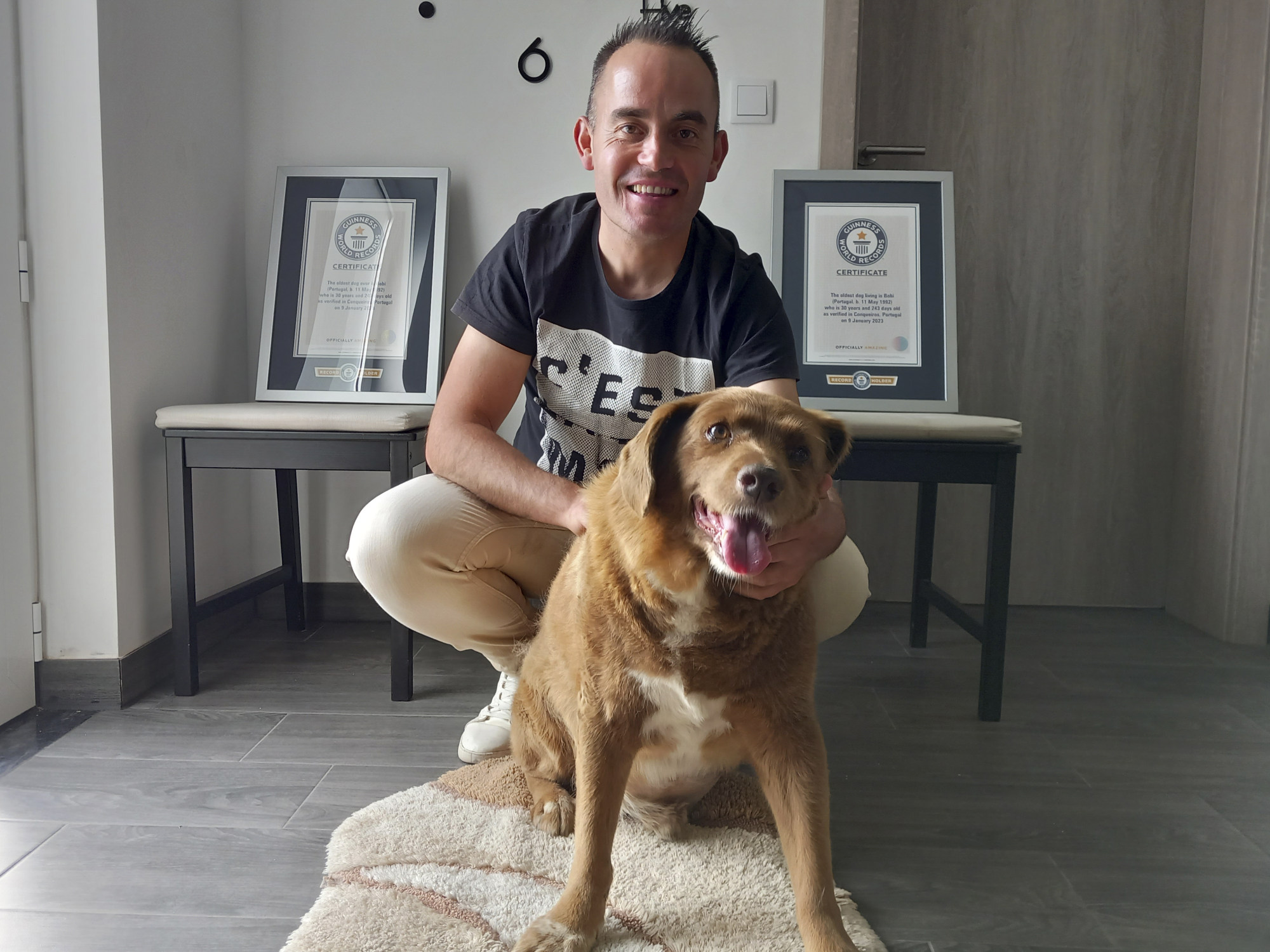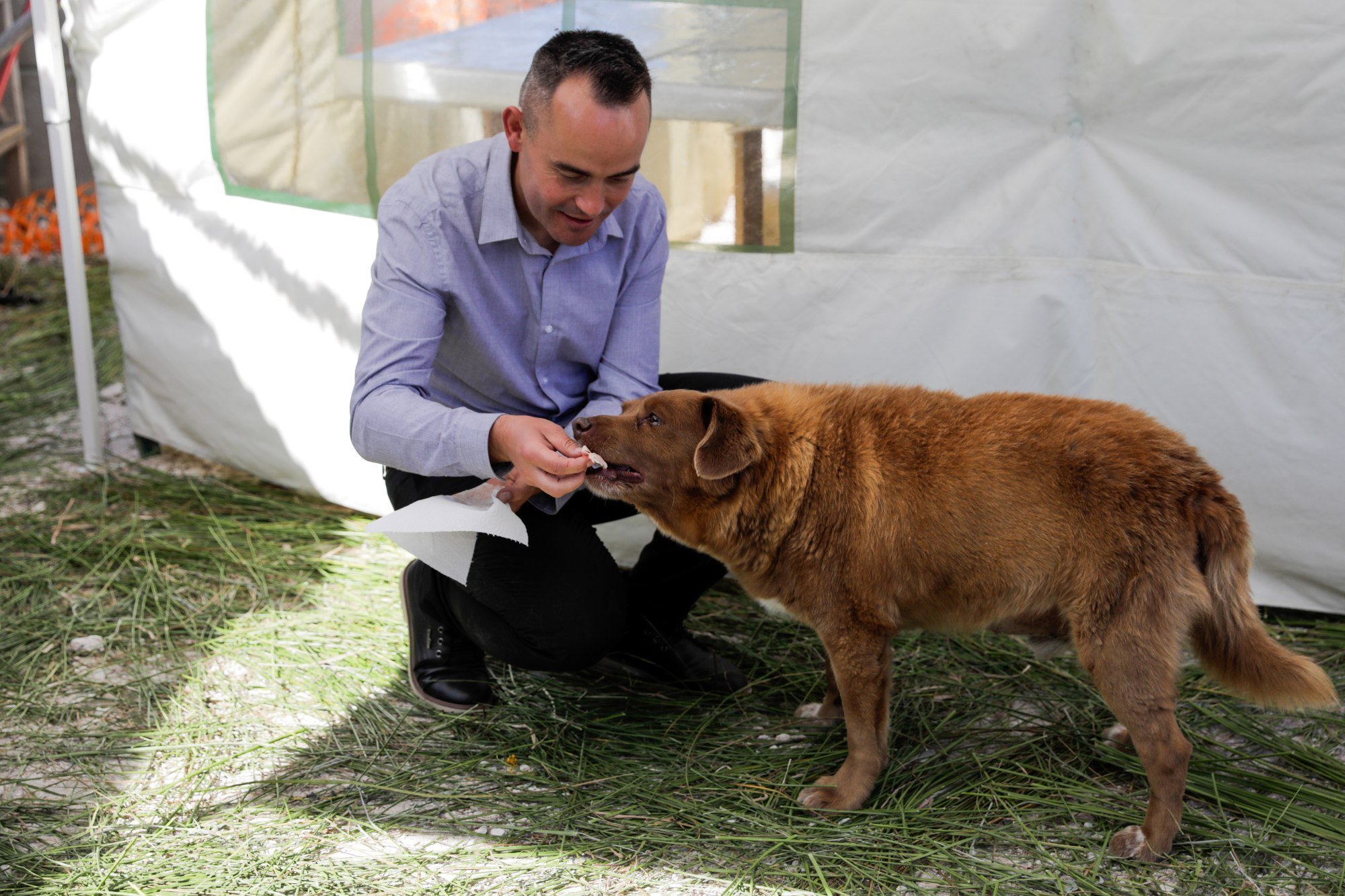Bobi, a purebred Rafeiro Alentejano who spent his life in a village in central Portugal, died in October. His breed, traditionally used as sheepdogs, usually has a life expectancy of 12 to 14 years.

Mark McKinley, director of records at GWR, said in a statement that microchip data sourced from the official Portuguese database had been central to Bobi’s evidence, but it turned out the chipping did not require proof of age for dogs born before 2008.
“With the additional veterinary statement provided as evidence for Bobi’s age also citing this microchip data, we’re left with no conclusive evidence which can definitively prove Bobi’s date of birth,” he wrote.
“Without any conclusive evidence available to us right now, we simply can’t retain Bobi as the record holder and honestly claim to maintain the high standards we set ourselves.”
“We of course require evidence for all Guinness World Records titles we monitor, often a minimum of two statements from witnesses and subject experts,” McKinley said.

He said they also considered pictures, video and, where appropriate, data provided by technology relevant to the achievement.
“It’s going to take a long time for microchip uptake around the world to catch up with pet ownership, especially of older pets,” he said.
“Until that time, we’ll require documentary evidence for all years of a pet’s life,” he said.
Bobi’s owner, Leonel Costa, did not immediately reply to a request for comment.

